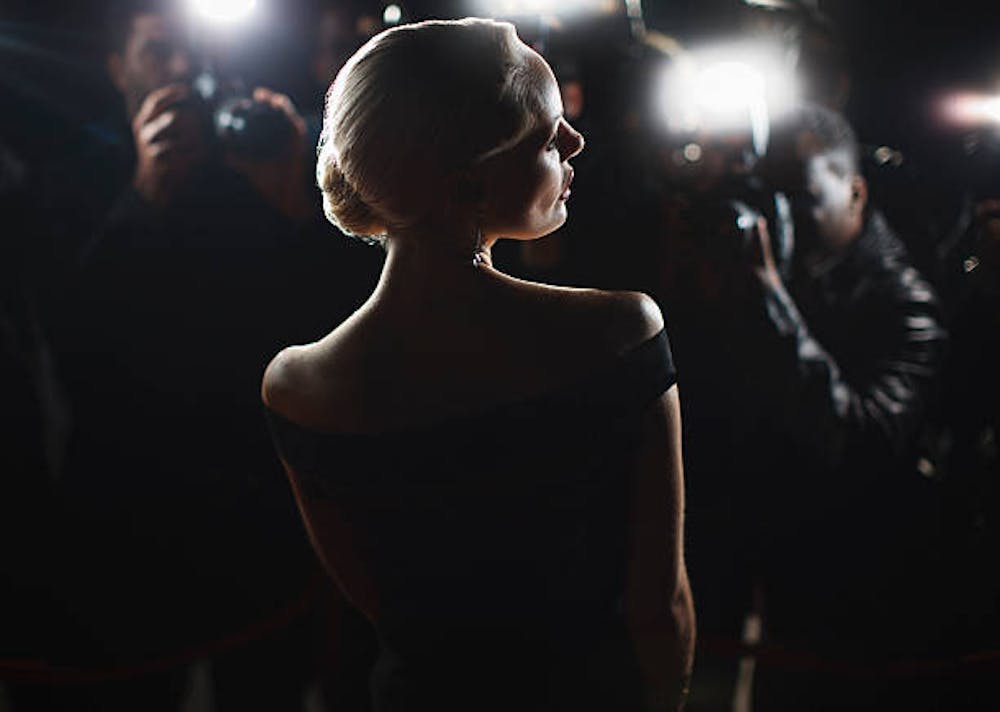Almost two weeks after its initial release, Hunger Games: The Ballad of Songbirds and Snakes, the movie has garnered the top box office spot in the U.S., thanks to the engrossing plot and complex characters. A fan favorite is the quirky and charismatic Lucy Gray Baird, victor of the 10th Hunger Games, played by Rachel Zegler. Despite her current fame, the up and coming actress has been receiving backlash for almost every public appearance in the past month.
The 22-year-old American actress and singer is best known for her roles as Lucy Gray, and Maria in the 2021 adaption of West Side Story. She is also set to star as Snow White in Disney’s live action adaption of the classic movie Snow White and the Seven Dwarfs, which will be released in theaters in 2025.
But the autocompletes that come up when you look up her name on Google, Youtube, or TikTok include blurbs such as “Rachel Zegler being annoying, ”“Rachel Zegler ruining her career,” and “Rachel Zegler playing the victim card.” The same people who are now praising her for her performance as Lucy Gray Baird in the Hunger Games prequel are the same people who were creating compilations of every instance where she was interpreted as “rude,” “immature,” and “ungrateful.” And I’m as much guilty of bandwagoning on the misogynistic hate campaign as they are.
As someone who was scared of Wall-E, I never had a problem with Zegler claiming she was scared of Snow White as a kid in an Entertainment Weekly interview. What I unfortunately did have issue with was her actions in other interviews, which I and thousands of other people interpreted as ungrateful for the privileges her career grants. Now that I’ve taken time to reflect on this, I realize how hypocritical my and many others’ actions were. How can I call myself an adamant feminist but help perpetuate the tradition of finding a new young actress to relentlessly criticize?
It’s one thing to hate an actress for not being thoroughly educated on the source material for their role, which is one of many claims people have made about Zegler. However, It’s another thing to coddle an actor who does the same thing, as seen with the response toward Jacob Elordi saying the most he knew about Elvis as a kid was from Lilo and Stitch on The Tonight Show in an interview promoting the Elvis and me movie adaptation where he stars as Elvis Presley.
Many of the claims people have made against Zegler can be deduced to this: a hypocritical overanalysis of things that plenty of male actors are guilty of. The ungarnered hate is a prime example of a double standard, something marginalized groups worldwide are familiar with, but ironically, is also something marginalized groups worldwide are unknowingly perpetuating. Rachel Zegler isn’t the only victim of this trend and certainly won’t be the last; Megan Thee Stallion, Anne Hathaway, and Brie Larson are also notable actresses affected by the scathing tradition.
Easily one of the most successful women in the music industry, Megan Thee Stallion has won two MTV awards, three Grammys, and eleven BET awards. Despite this, much of the media coverage about her in the past few years focuses on the assault trial between her and Tory Lanez. Megan received ferocious hate and backlash against her story, where people constantly questioned her victimhood. This response became the focal point of media outlets, not the fact that Tory Lanez was later sentenced to 10 years in prison after being found guilty of shooting the 28-year-old rapper in the foot in 2020.
Anne Hathaway, who has seen fame for the last few decades for her acting in movies like Les Miserables, The Devil Wears Prada, and Interstellar. But around 2012, the term “Hatha-hate” was coined, as a response to the claims of her being not enthusiastic, but “too peppy”, not dedicated but a “try-hard”, and not polite, but “overly perfect”. Brie Larson suffered a similar fate for her role as Carol Danvers in the 2019 Marvel movie Captain Marvel.
What the experiences of these four women tell us is that, like every other “ism”, sexism and misogyny are not yet behind us. It’s time we think about who and what our feminism includes and ignores before it becomes a right of passage for women in the entertainment industry to have a smear campaign against them before they reach their 30s.




